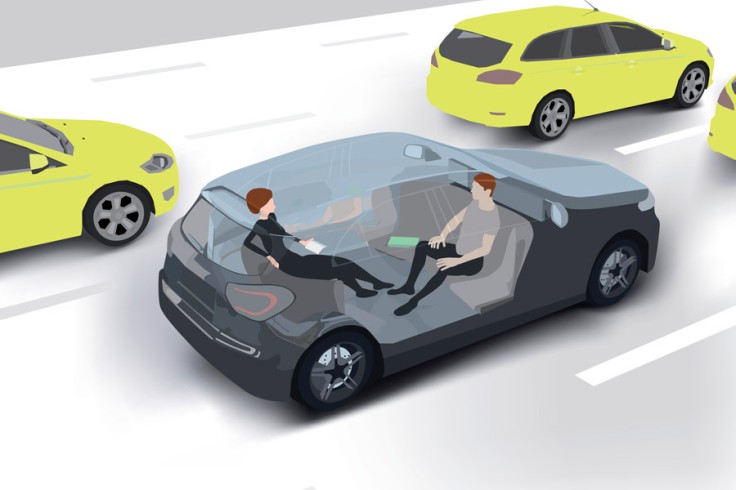Self-Driving Vehicles Threaten Unemployment for Human Drivers but Pave Way for New Jobs
By
While self-driving cars may have seemed like science fiction less than a decade ago, in trials on public roads around the world, a number of major technology companies and car manufacturers are developing autonomous vehicles.
Google was the first automotive company to start deploying autonomous vehicles on California's public roads, but traditional car manufacturers like Toyota, Jaguar Land Rover, General Motors, BMW, and Volkswagen have now built their own self-driving systems. Other companies such as Amazon, Pizza Hut, and the online supermarket Ocado have been investigating deliveries using self-driving vehicles.
But there were also failures, or at least one serious accident involving the computer vision systems used by Tesla in its semi-autonomous system. Uber stopped its self-driving activities earlier this year after an incident resulted in a pedestrian's death. The self-driving vehicle of Apple was also involved in a minor accident just recently.
While these events mean that the industry still has big hurdles to overcome, the momentum appears to be relentless. According to various analyses, between 40% and 95% of car journeys will be made in autonomous vehicles by 2030. Ford says it plans to have fully autonomous vehicles on the roads as early as 2021, and it would be one without a steering wheel or accelerator.
Some forecasts indicate that autonomous vehicles would result in widespread unemployment among the millions of professional drivers who carry goods and people. For example, Goldman Sachs estimates that as many as 25,000 jobs could be lost in the US per month as self-driving vehicles replace truckers, taxi drivers, and public transport workers.
Due to the technology, the International Transport Forum predicts that the demand for professional truck drivers in the US and Europe could be reduced by 50 to 70% by 2030. But, there will also be new roles for autonomous vehicles, they said.
Car manufacturers and other organizations involved in the sector are already searching for those with the necessary skills to safely position self-driving vehicles on public roads. Although trials are being performed all over the world, they are still strictly controlled and they still require people to sit behind the wheel, ready to step in at a moment's notice.
According to recruitment firm ZipRecruiter, the number of job advertisements in the autonomous driving sector has increased year-on-year by 27%, with a 250% jump in the second quarter of 2018 compared to that of the same time last year. It is also projected by the Society of Motor Manufacturers and Traders that autonomous vehicles will further generate 320,000 jobs in the UK alone.
ZipRecruiter predicts that as companies begin to adopt self-driving vehicles, a wide range of new jobs may appear. Autonomous navigation and robotics engineers will be necessary, it says, as will technicians capable of fixing breakdown vehicles.
The international automotive engine industry is worth around $301 billion and employs about 1.6 million people, but some claim the effects of autonomous vehicles could be even greater.
The World Economic Forum forecasts that, thanks to self-driving vehicles, the automotive industry will expand by up to $144 billion over the next 10 years. While a study by the microchip company Intel, working on self-driving cars with BMW, estimates that autonomous vehicles could be worth up to $7 trillion for global economies by 2050.
© 2025 University Herald, All rights reserved. Do not reproduce without permission.








